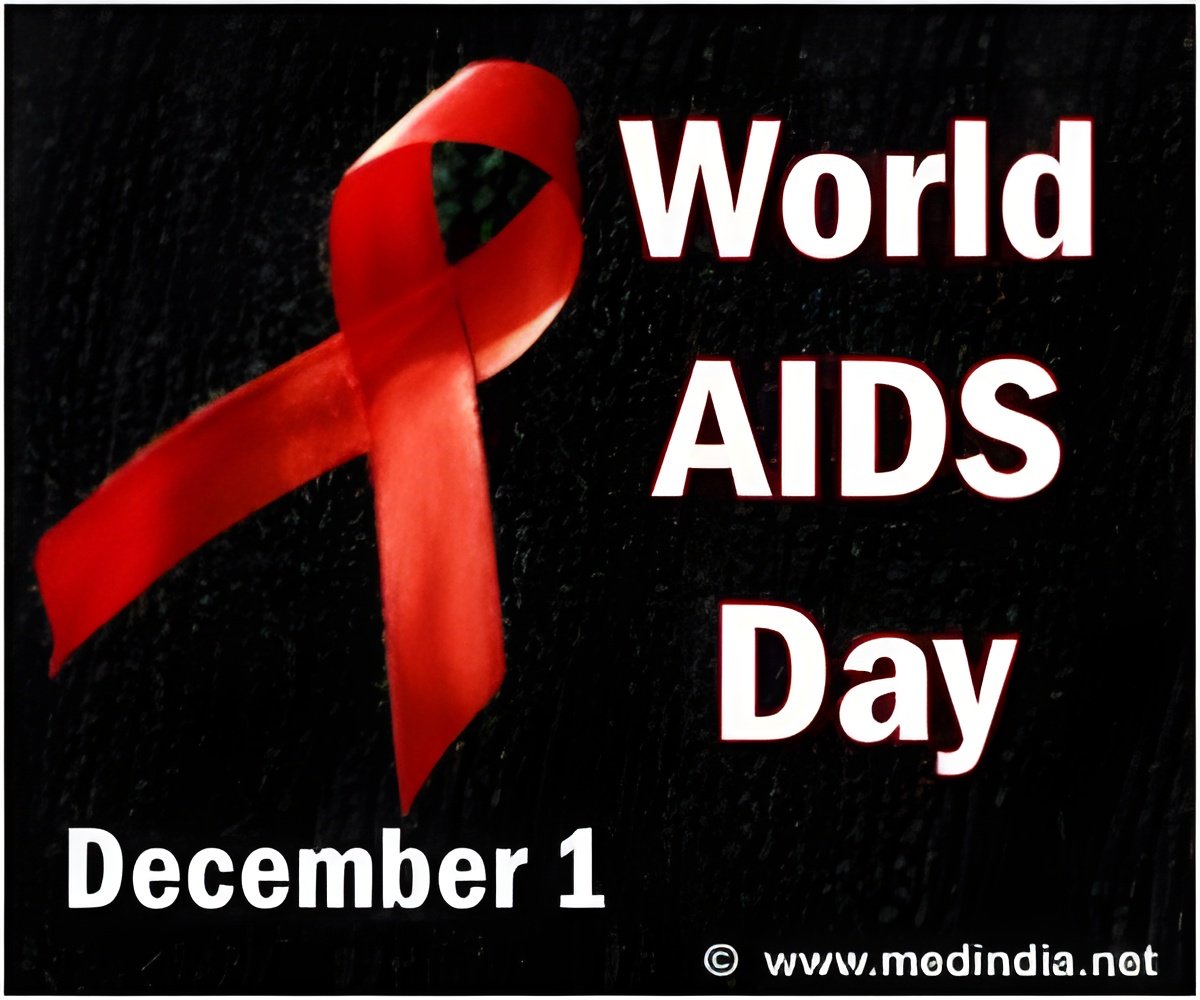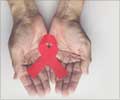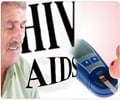AIDS funding is dangerously declining though HIV infections fell and treatment soared following an unprecedented response to the AIDS epidemic over the last decade, the UN said on Wednesday.

More than 6.6 million received antiretroviral therapy in low and middle income countries last year compared to just 400,000 recorded in 2003.
In their update the World Health Organisation, UNICEF and UNAIDS hailed the "extraordinary" achievements in the battle against the disease.
The WHO and UNAIDS, the agency spearheading the international campaign, have adopted bold targets to achieve zero new infections and zero AIDS-related deaths by 2015.
"What would have been viewed as wildly unrealistic only a few years ago is now a very real possibility," said the report.
"Nevertheless, financial pressures on both domestic and foreign assistance budgets are threatening the impressive progress to date.
Advertisement
Advertisement
Globally about half of adults eligible for treatment are now receiving it, with the most dramatic improvement in access seen in sub-Saharan Africa, which recorded a 20 percent jump in people undergoing treatment between 2009 and 2010.
Wednesday's Global HIV/AIDS Response Progress Report said that from 2005 to 2010 the number of children receiving antiretroviral therapy increased from 71,500 to 456,000 -- just 23 percent of those in need.
"In 2010 approximately half of adults in need of treatment were receiving antiretroviral treatment while less than a quarter of the two million children who require antiretroviral treatment were recieving it," Leila Pakkala, director of UNICEF Geneva, told a press conference.
"This is a clear sign of the gap that exists and a gap that must be closed through collective and prioritised action."
A further challenge remains in Eastern Europe and Central Asia where the number of people dying from AIDS-related causes increased 1100 percent over the past decade from 7800 in 2001 to 89,500 last year.
New infections were also on the rise in the Middle East and North Africa.
On financing the battle against AIDS, the report said domestic and international HIV funding dropped from $15.9 billion in 2009 to $15 billion last year, "well below the estimated $22-24 billion needed in 2015 for a comprehensive, effective global response to HIV."
UN Secretary General Ban Ki-moon said: "Heading into the fourth decade of AIDS, we are finally in a position to end the epidemic.
"Financing will be critical to success. I urge all concerned to act on the investment framework put forward by UNAIDS and to fully fund the global investment target of up to $24 billion annually."
Source-AFP















